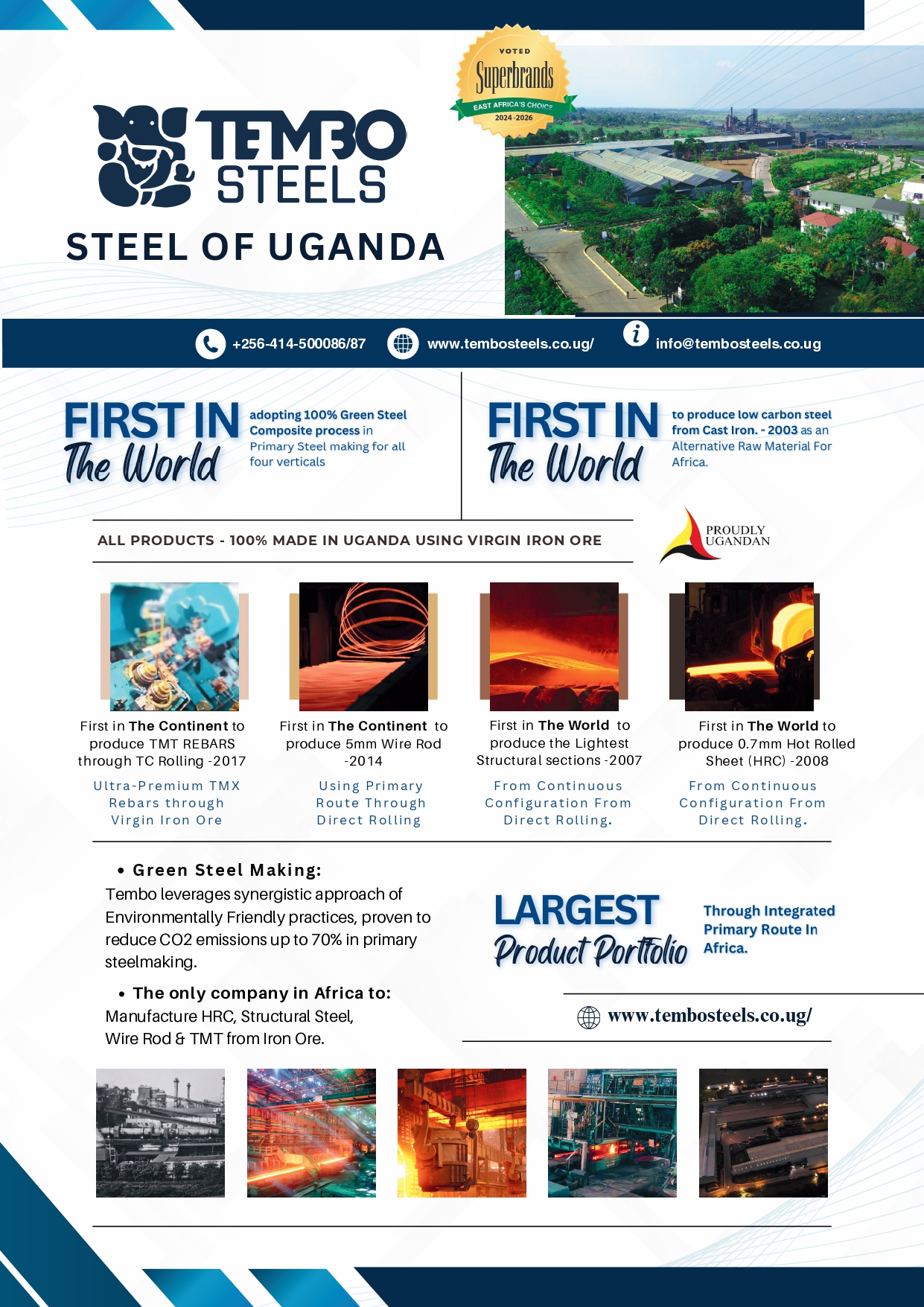The East African Crude Oil Pipeline (EACOP) Ltd has facilitated the skilling of youth from project-affected households as part of the Resettlement Action Plan (RAP). These vocational skills are intended to boost members of these affected households’ capacity to earn an income and improve their resilience that may arise after displacement through self-employment or getting paid employment.

Of the 754 students graduating from affected households in Hoima, Kakumiro, Kikuube, Kyankwanzi, and Mubende districts 249 are female students. They were enrolled at St. Simon Peter’s Vocational Institute in Hoima, St Peters Vocational Training Institute in Mubende, Buhimba Technical Institute in Kikuube and Millenium Business School in Hoima district. The students have completed 3 months of Vocational training and 1 month of internship. A total of 1,020 youth have been trained from project-affected households along the entire Pipeline route
Youth have received skills in the disciplines of Tailoring & Garment Design, Welding, Building and construction, Carpentry and Joinery, Motor Vehicle and Motorcycle Mechanics, Hairdressing, Catering, and Electrical Installations.
The youth will receive starter kits that suit their specific vocational programs to start their journey to employment.




